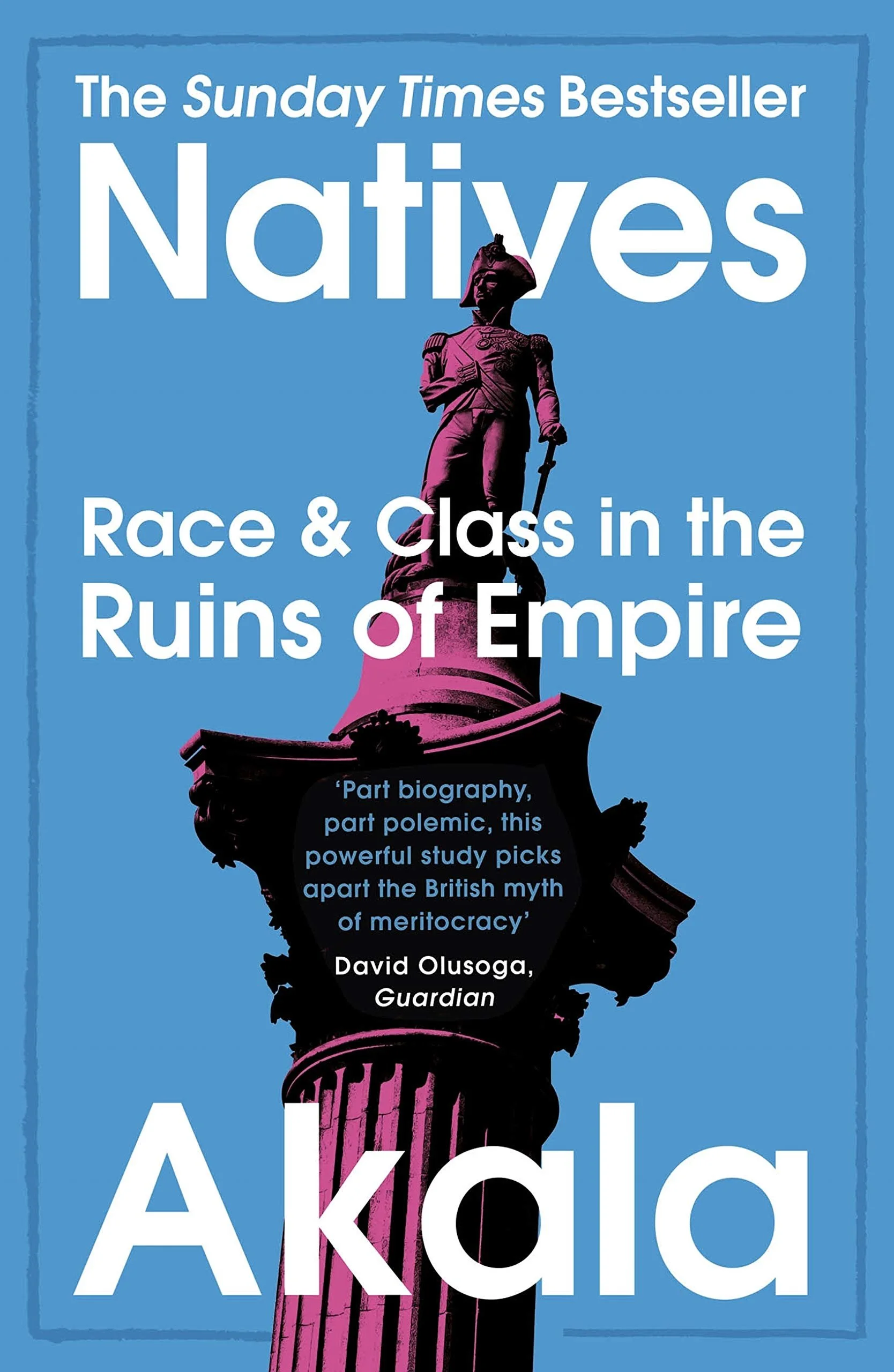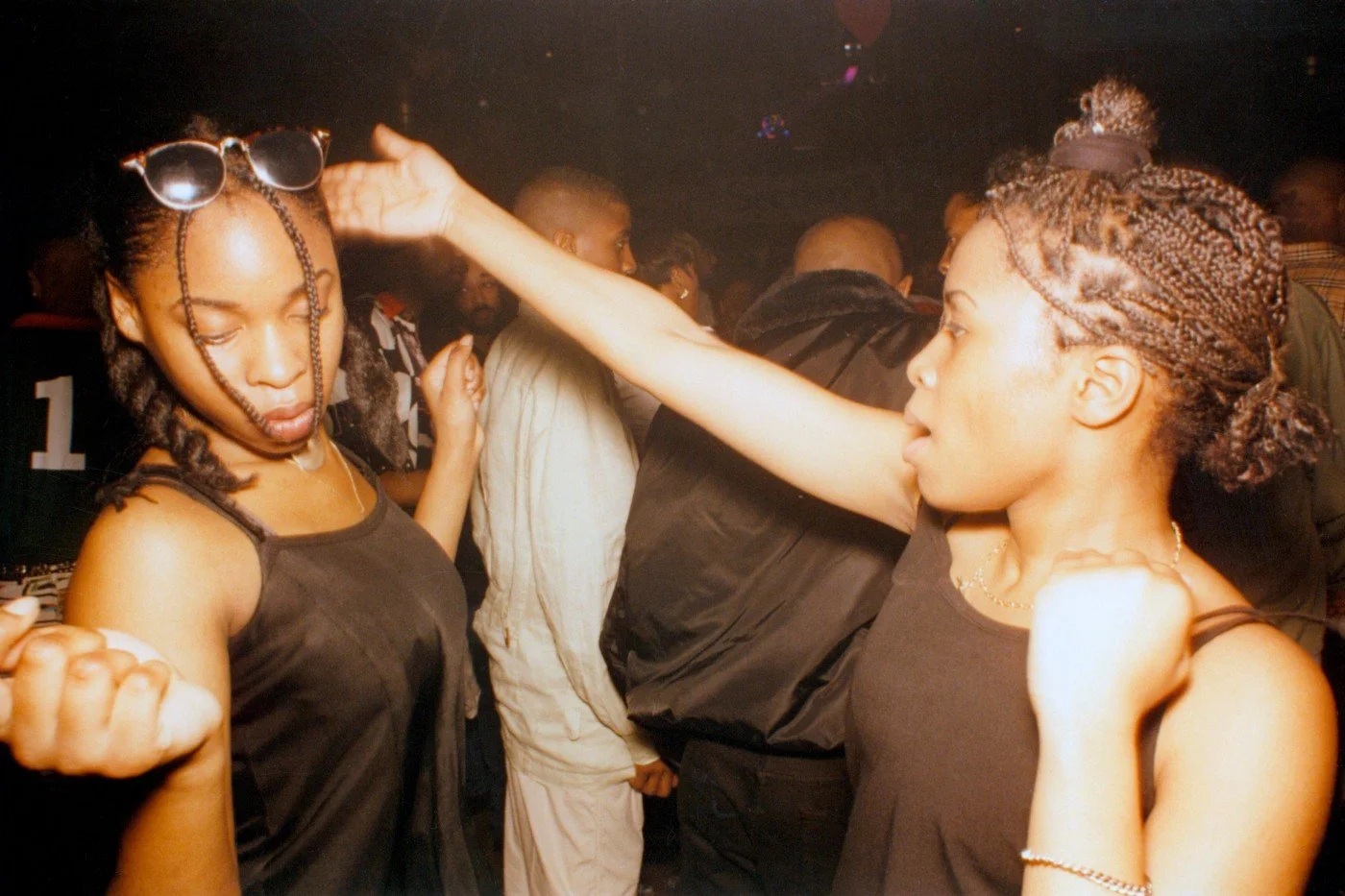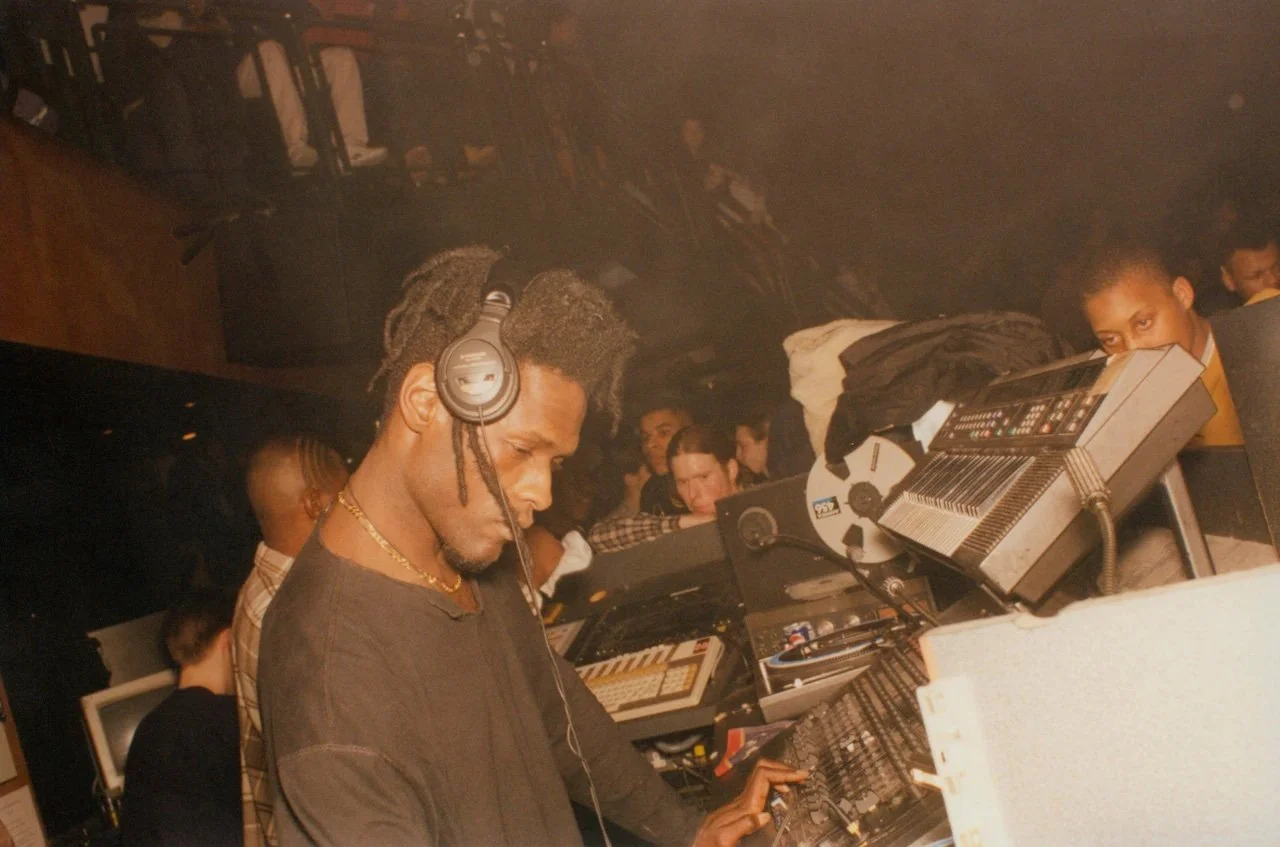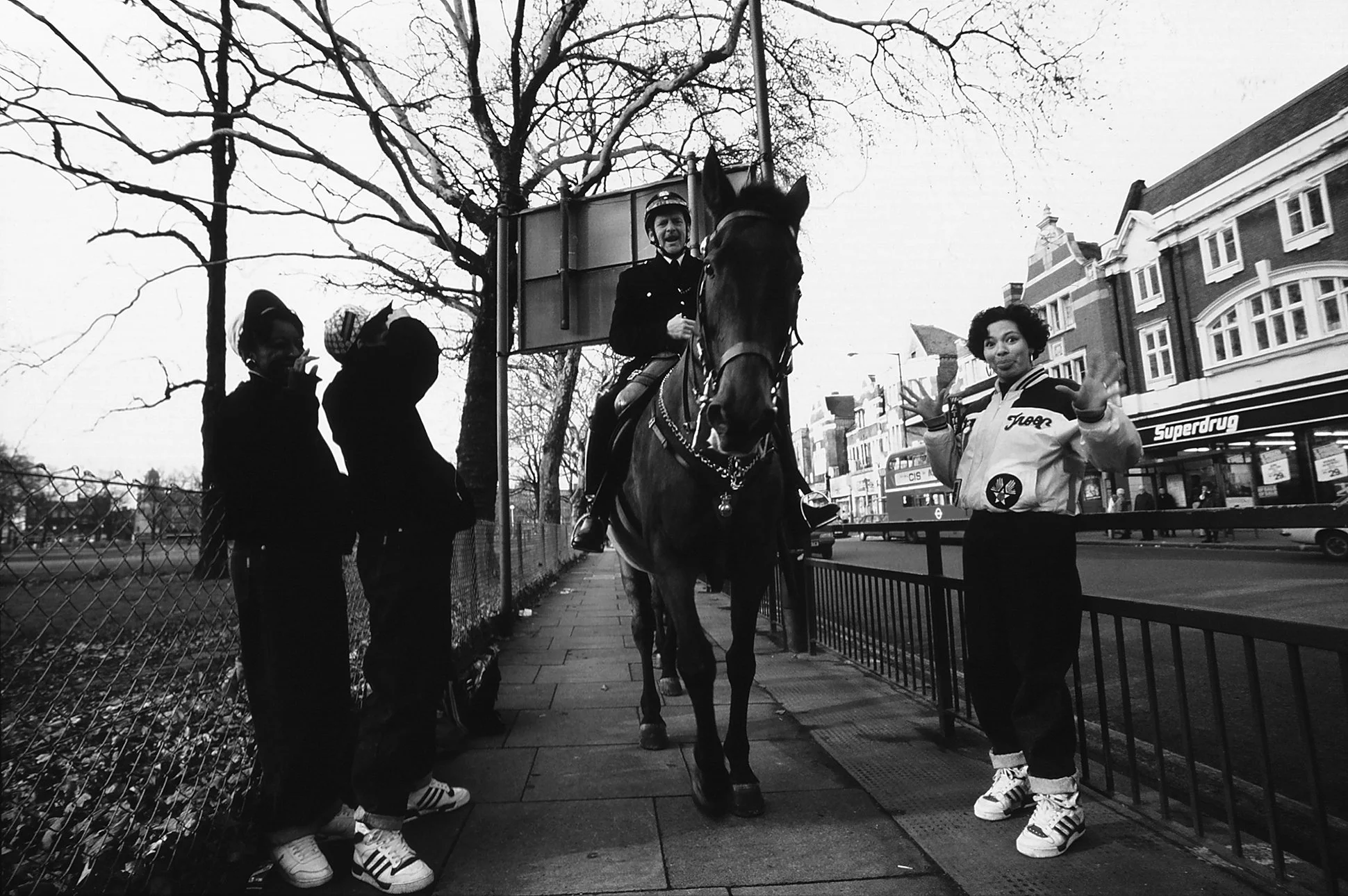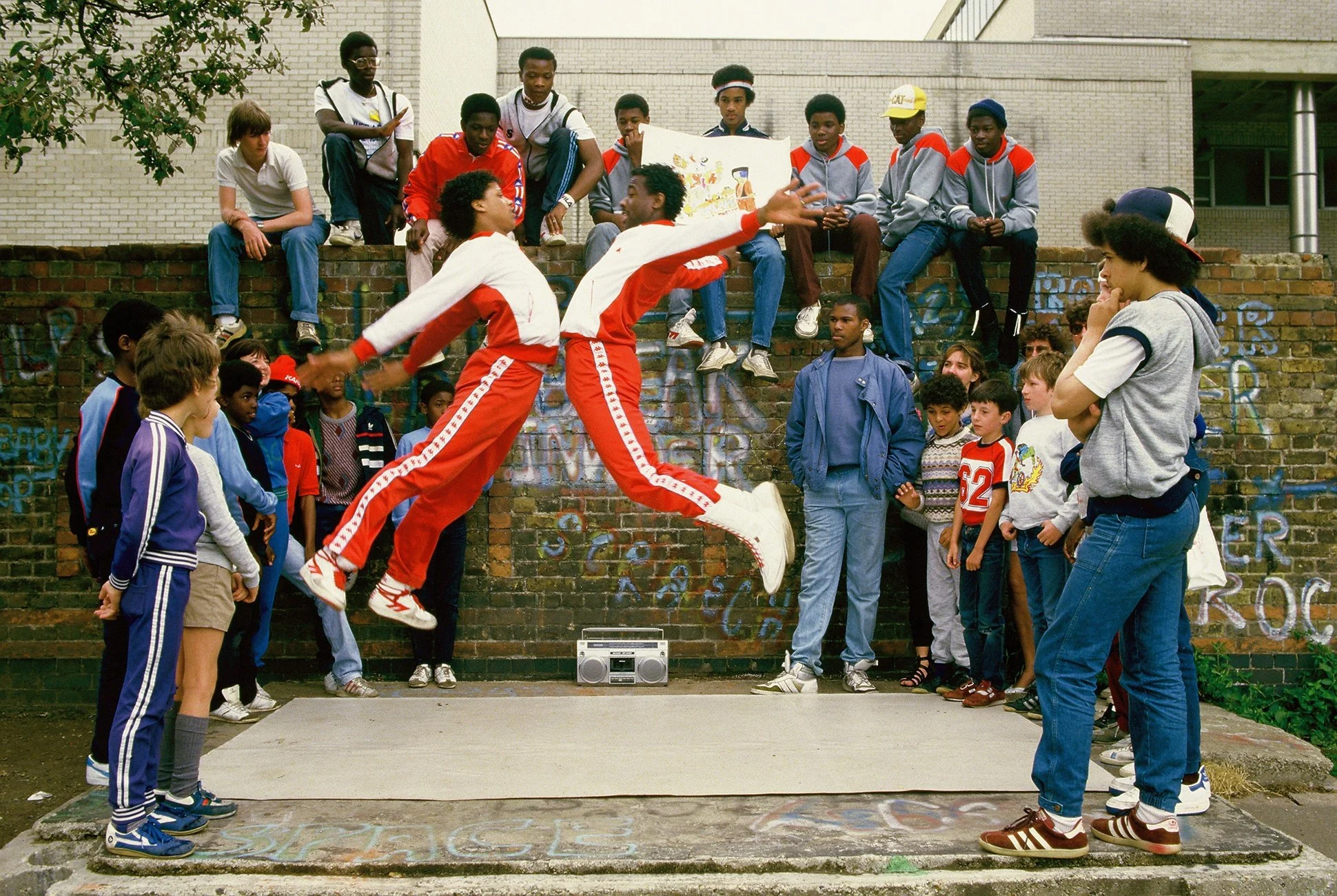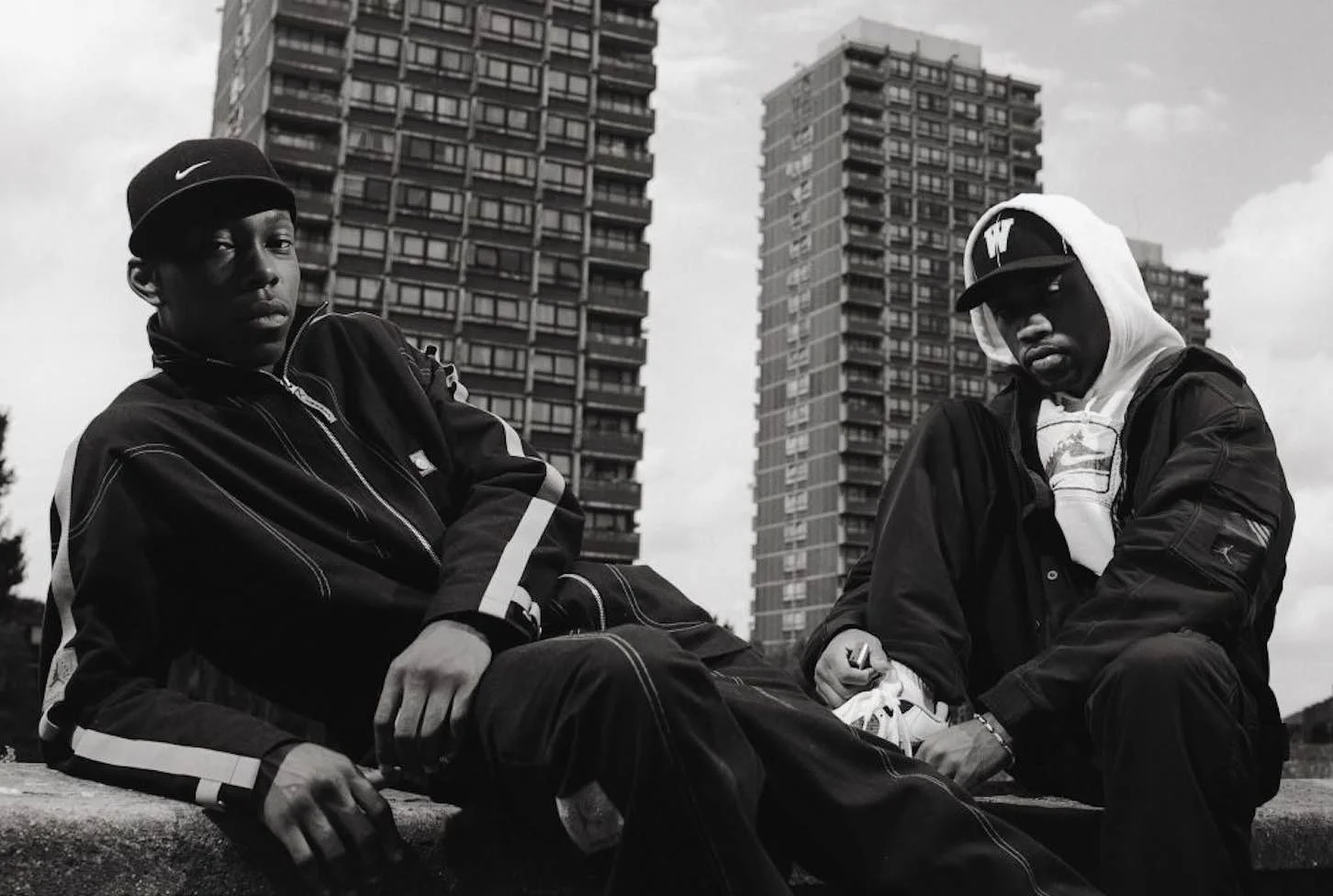A statement on Black British Culture, Class and the facade of meritocracy in postcolonial Britain & Empire.
By Kevwe Ogufere
Barnet, LDN
Narratives is a book written by the rapper Akala. Written in 2019, the book is partially a memoir and a statement/analysis of race and class, and the various historical eras and subsequent impact on contemporary British society. The book explores the Britains colonial past and how contemporary British society is inherently linked to the British Empire. This is reflected in British society, mainly through how perceptions of race, class and conflicts play out. He uses his personal experience to explain the impact of these societal constructs on the working-class and minority groups. In particular, he examines the impact of diaspora music.
Akala
Due persistence of the remains of The British Empire in the contemporary globalised world, and the subsequent presence of diasporas in commonwealth societies, there has been an continuous exchange of culture across the Atlantic, similar to the flow of slaves and goods across the Atlantic. In particular, amongst the African Diaspora. Ska, Reggae, Soul, Blues Afro-beat and Hip Hop have heavily impacted each other and modern western music and culture. The reconfiguration of such genres metropolitan cities such as London created new forms of Afro Diasporic such as Drum and Bass, Grime, UK Garage and UK Hip Hop. Akala talks of the importance of these forms of media in reflecting race, class and empire through culture. In this book, these mediums act as a statement on race, class and transnational networks as much as they do on national societies. These informal channels progressed, starting in sound system culture in west indies, then pirate radios in council estates and then finally U.K clubs and radio stations. They played a role in fighting racism, black empowerment, and the development of Britains new multicultural society. However, despite this, the irony of this is Akala still argues that Britain is not a meritocracy, and for that matter, you could extend this sentiment to the entire commonwealth. The Afro Diasporic culture in the U.K. lives both lives in synchronisation with Britain's multicultural future and conflict with its colonial past and frustration in the present.
Channel One
The book focuses on the implication of historical Imperialism and racism in the British colonial period and in other societies such as Hong Kong, The trans-Saharan, Mediterranean, and East African Slave Trade(some times generalised into the Arab slave trade), Japanese Imperialism and the Atlantic slave trades. It also looks into conceptions of blackness in the 1400s in Spain. He also contrasts the ever-changing concept of whiteness and its legal, scientific and religious role in colonialism and Imperialism. In modern Britain, he describes attitudes towards black athletes. Akala argues that the U.K. is not a meritocracy and comments on the overlap between class and race, contesting prejudices against the white working class. He believes that inadequate educations records of black children in school have contributed to a culture of racism. He then relates it to his personal experience where he struggled in school. He said that his teacher found him "too bright for a working-class brown boy". This is a prevalent technique Akala utilises in the book relating his points on class and racism to his personal, as well as facts and figures.
More interestingly is his reflection on diasporic music. The uniquely UK-based musical hybrid called Jungle, which fused Jamaican Reggae and Dancehall with the Amen break – the same drum break that is the basis of much legendary hip hop U.K. rave music. Akala talks of how the sound laced with the grit of Bristol and Londons council estates”. For Akala, it is undeniable the West Indian Influence (the Caribbean in particular Afro - Caribbean) on British music. He describes youths not dressing up and coming to Jungle dances as if they have “come straight off the block; guns were brandished, and shots were fired, but as Jungle started to cross over, it morphed into a safer, softer variant of itself that seemed to me quite consciously designed to appeal to a whiter, more middle-class audience and to keep out the rude boys”. Akala talks of the British authority consistently radicalise the gangster problem as a black issue in the same way they did with drugs in U.K. festival culture and “The War Drugs”. This ultimately became a problem black communities and the global south. The demand for drugs in the west and corporate and government cooperation in the illegal industry is not the problem, However cartels, Rastas, street dealers, drug addicts and gangs were demonised, and often portrayals in mainstream media made links between black/minority groups and demonised criminals. Thus we see the same problem arising with more melodic, soulful genres such as Garage. Genres associated with both the black population and crime became the target of U.K. Authorities.
DJ Fabio at an early jungle rave, London, 1990s
© Michael G Williams
Similarly, Hip Hop also played a significant role in Akala personal life and Black British Culture. Akala says that “American Rap provided a soundtrack for what seemed like a reality we shared with our Black American cousins: At its best, our identification with Black American culture helped give us the political strength and insights around which to organise”…”It instilled in Akala and other Black youths a new vocabulary and new ways of understanding race and class and inculcated a sense of shared blackness”. However, Akala also talks of the way nigger is now used in hip hop. “Now the nigger is presented as an autonomous black creation, a self-styled ghetto godfather rather than an echo of white-supremacist perversion and relative black powerlessness".
His personal experiences make the argument convincing, as many Black British youths can relate to the experience and history spoken through the lens of his personal story. By default, his personal story has bounds and limits; however, despite this, the book also has a role in inspiring others in African Diaspora to speak on growing up in postcolonial British societies and their perspectives on race and class. The book is part of a much larger meaningful discussion about the implication of empire and society, culture and diaspora. Allot of the inequalities have persisted through slavery and colonialism; furthermore, this has heavily impacted institutions that still practise discriminatory policy.
Nomski
Clare Muller
Rappers Dizzee Rascal and Wiley in 2002.
Furthermore, through comparing the situation in the U.S. with Britain, this demonstrates that allot of legacies of slavery that we see in the U.S., such as racism, institutional oppression and discrimination we can also be seen in other western countries that participated in the Atlantic slave trade such as Jamaica and Britain”. The book mentions that Britain is not a meritocracy. However, with Britain being multicultural, it raises the question whether Britain can be a true meritocracy or is meritocracy even good or achievable for any nation for that matter?
Bibliography:
Photography:
https://www.hiphopshakespeare.com/staff-member/akala/
https://www.redbull.com/gb-en/11-photos-story-of-uk-drum-n-bass
https://museumofyouthculture.com/hip-hop/
https://www.theguardian.com/music/2014/apr/26/site-and-sound-when-cities-spawn-music-london-grime-trip-hop-bristol
https://www.timeout.com/london/clubs/the-roots-of-uk-soundsystem-culture

